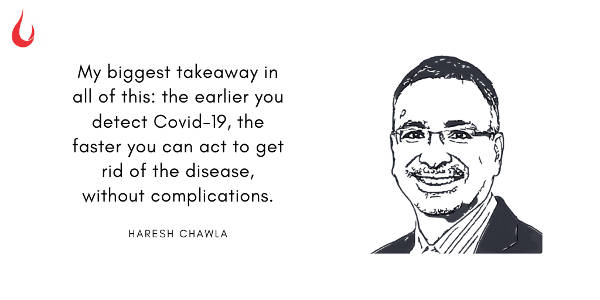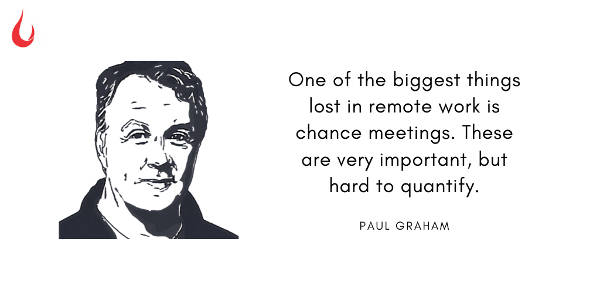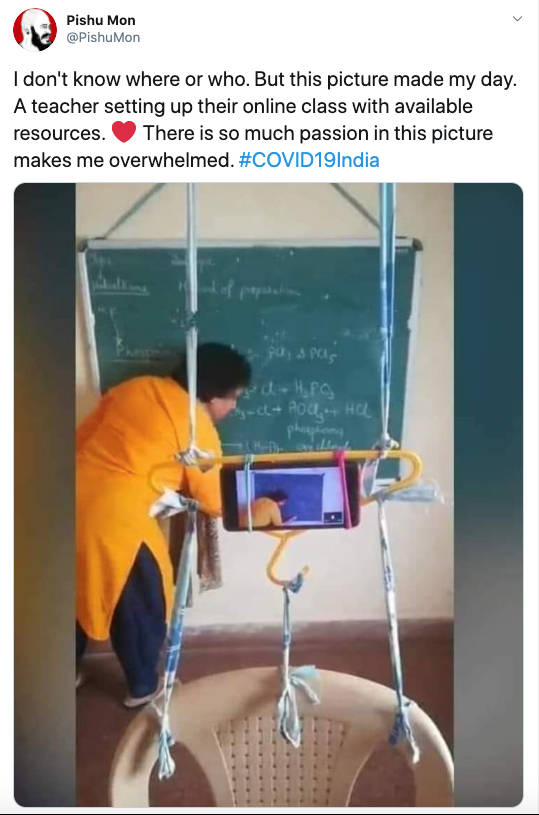[Image by Mikele Designer from Pixabay]
Good morning,
In his online course, Financial Markets (on Coursera), Nobel Prize-winning economist Robert Shiller shares an interesting insight that life insurance salespeople arrived at in the 19th century. In his lecture, Shiller tells his class:
“Viviana Zelizer, a sociologist at Princeton, did a big study of how insurance was marketed in the 19th century. She said that women were the main beneficiaries of life insurance because men were the breadwinners, are earning an income and they tended to die young in those days. But women seemed to be, according to her studies, objecting to life insurance saying, ‘No, I don't want that.’
“So why would a woman say that in the 19th century? Well, partly because Viviana Zelizer concludes, they were Fundamentalist Christians and they believed in the power of prayer. And the women thought that insurance was some crazy gimmick scheme. And they wanted to trust in the Lord rather than in something that looked like gambling.
“One woman said, apparently, ‘You know, this insurance policy, it looks like I'm making a bet that my husband will die.’ And she said that will encourage God's wrath. I should stay out of that because I'm challenging God to take my husband and I should not do that.
“So they developed a different sales pitch and the new sales pitch was, don't try to explain probability theory; don't try to explain how this business works. You come to the wife and you tell her, ‘I have a mission, okay. My mission is to help your husband protect you from beyond the grave. If God forbid something horrible were to happen to your husband, you know he would love and protect you if he could. I'm making it possible.’
“And that seemed to work and women went along with it.”
Interestingly, earlier in that course, Shiller calls finance a technology. This story highlights the error that people in finance and tech tend to make. Often, they get so deep into numbers and codes that even when they build a product that’s useful for society, they communicate it using the elements that went into creating it, rather than the customer needs that will drive it. A whole range of tools have come up—design thinking, especially—since the 19th century. And yet, businesses struggle to see that it’s customers who are at the centre of their universe.
Have a great day.
Move early
In his essay in Founding Fuel, Haresh Chawla, Partner, True North, shares a personal story about how his family responded when a 75-year-old member started showing Covid-19 symptoms and eventually tested positive. The key is to get diagnosed faster and seek professional advice earlier, he writes. The essay has practical suggestions and useful links.

“Get a Pulse Oximeter, now: Luckily we have a doctor in the family, and we checked her oxygen levels with a Pulse Oximeter right away. Available for as little as Rs 2,000, this device can be purchased from most chemists, it is idiot-proof, non-invasive, and focuses a light beam on your fingernail to measure oxygen levels in a person’s body. In the final reckoning, this was a life saver...
“Since that episode, we have ordered one for our apartment complex to share. People where I live have been asked to watch for symptoms that range from a mild cough to extreme tiredness or a fever. If anyone feels out of sorts, they are asked to get their oxygen levels checked right away.”
Give space for serendipity

On Twitter, Paul Graham, managing partner and co-founder of Y Combinator, made a series of posts on a key aspect that goes missing when we work from home—chance meetings. Graham writes:
“One of the biggest things lost in remote work is chance meetings… I know about the power of chance meetings because Y Combinator is explicitly designed to magnify it. Whenever YC brings together any group of more than about four founders for any reason, there ends up being an important conversation between some pair of them.”
In her blog, Emily Webber, an Agile/Lean consultant, writes she uses Shuffl.ai (a Slack app that pairs team members into a random group, and invites them to meet in-person or virtually) to set up meetings with members of her community for a virtual coffee.
Dig deeper
Innovate with what you have
We found this on Twitter (h/t @aatman_arsenal)

Have you come across examples of such passion? Share them with us. Or post on Twitter, and tag us @foundingf. Or join our Slack channel and post it there. If you aren’t there already, here is the invite code.
And if you missed previous editions of this newsletter, they’re all archived here.
Bookmark Founding Fuel’s special section on Thriving in Volatile Times. All our stories on how individuals and businesses are responding to the pandemic until now are posted there.
Warm regards,
Team Founding Fuel


